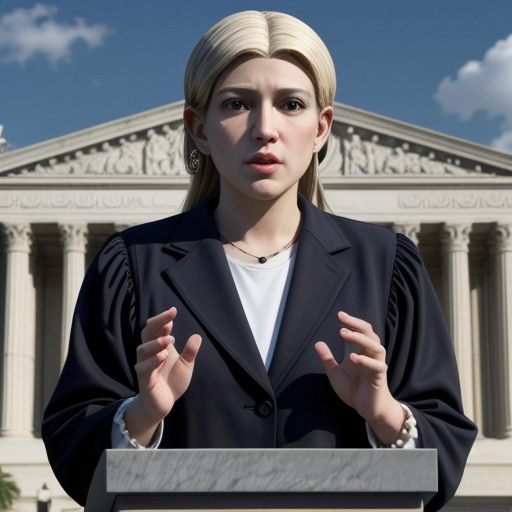
Setback for State Laws
The Supreme Court has granted a temporary reprieve to social media behemoths like Facebook, YouTube, and TikTok by remanding a series of free speech cases to lower courts. However, the Court's unanimous decision leaves the pivotal question of whether states can limit the sweeping power of social media giants to censor users or remove posts expressing certain viewpoints unanswered.
The cases before the high court challenged state laws in Florida and Texas that sought to curb the platforms' ability to moderate content. These laws were enacted amidst concerns that the platforms had suppressed or removed posts expressing conservative views in the wake of the January 6, 2021, attack on the US Capitol.
First Amendment Rights Online
In its decision, the Court avoided the thorniest legal issues, opting instead to focus on procedural deficiencies in the lower courts' analyses. The rulings in both the Florida and Texas cases have been vacated, and the cases have been remanded for further consideration.
"Today's ruling from the Supreme Court is a victory for First Amendment rights online," said Chris Marchese, director of the NetChoice Litigation Center. "Like newspapers or other editorial decision-makers, social media companies are entitled to their own First Amendment right to decide which statements by third parties are permitted on their platforms."
State Laws Face Legal Hurdles
Constitutional Challenges
The Florida law blocked companies from removing content posted by "journalistic enterprises" and deplatforming qualified political candidates. The Texas law, on the other hand, prohibited major social media platforms from removing posts that expressed a "viewpoint." Both laws required platforms to notify and explain to users when they censure speech and apply content moderation rules consistently across the board.
However, social media companies have vigorously opposed such regulation, arguing that it infringes upon their editorial control over content and is protected by Section 230 of the Communications Decency Act. This act immunizes the platforms from liability for content contained in user posts.
Burden of Interpretation
Legal experts have highlighted the potential difficulties social media companies face in interpreting and complying with these laws. For instance, the Texas and Florida laws hinge on the definition of "journalistic enterprise" and the minimum thresholds for paid subscribers or users.
"It's unclear how a social media platform is supposed to determine what content these laws protect day to day," said Cliff Davidson, a partner at Snell & Wilmer. "The laws are silent on how those figures are determined, how long the minimums must be met, and whether the reported number of users must be verified."
Editorial Power of Social Media
Murthy v. Missouri
In a related case this term, the Supreme Court also weighed in on the editorial power of social media platforms. In Murthy v. Missouri, the Court held that the plaintiff states and social media users lacked standing to challenge the federal government's encouragement of social media platforms to remove posts during the COVID-19 pandemic and 2020 presidential election.
However, the Court's ruling in Murthy does not fully resolve the broader question of the First Amendment rights of social media platforms. The issue is likely to continue to be debated in courts and legislatures across the country.


.png)
0 Comments